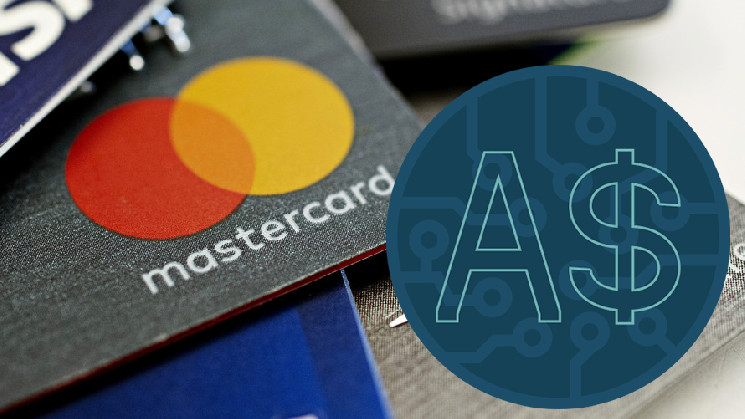Mastercard has successfully completed a trial involving wrapping central bank digital currencies (CBDCs) onto various blockchains, akin to wrapped Bitcoin (wBTC) and wrapped Ether (wETH).
In an announcement on October 12, the trial was developed in partnership with Cuscal and Mintable as part of a research by the Reserve Bank of Australia (RBA) and the country’s Digital Finance Cooperative Research Centre (DFCRC) CBDC. In a live setting, Mastercard reported that the solution enabled a CBDC owner to acquire a nonfungible token ($NFT) listed on Ethereum. The process involved locking the necessary amount of a pilot CBDC on the RBA’s pilot CBDC platform and minting an equivalent amount of wrapped pilot CBDC tokens on Ethereum.
During the test transaction, Ethereum wallets of both the buyer and seller, along with the $NFT marketplace smart contract, needed to be ‘allow-listed’ within the platform. While other transfers of the wrapped pilot CBDC were blocked, the test demonstrated the platform’s capability to implement controls, even on public blockchains.
This solution leverages Mastercard’s Multi Token Network, introduced in June 2023, which integrates payment technology with blockchains. Zack Burcks, CEO and founder of Mintable, highlighted the use case identified with Mastercard, suggesting that linking digital currencies and NFTs could potentially unlock new capabilities: “Together with Mastercard, we have identified a use case whereby digital currencies and NFTs can easily be linked, potentially stamping out fraud and theft, ending the loss of documentation and records, and unleashing new possibilities for commerce”
The RBA had previously noted that an Australian dollar CBDC could facilitate complex payment arrangements and finance sector innovations not replaceable by fiat money. However, the central bank emphasised the need for “more research” to assess the associated benefits.
 coinculture.com
coinculture.com
